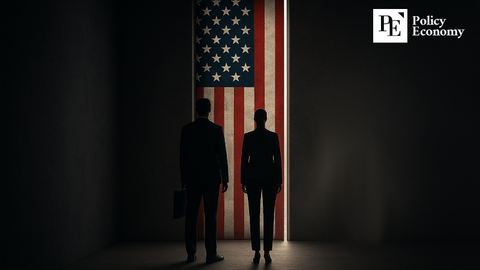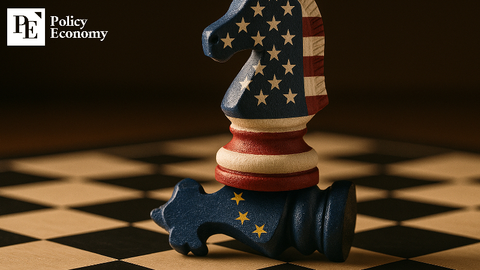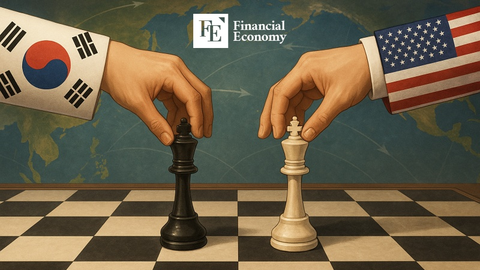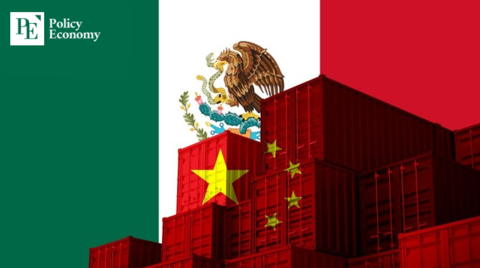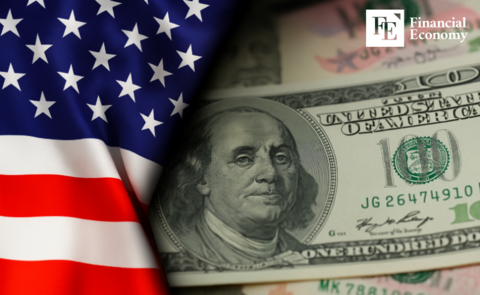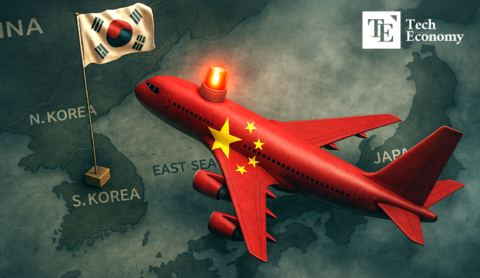Trump Ally and Conservative Youth Activist Killed in Shooting, Political Violence Turns Tragic
Input
Changed
Rift Between Left and Right Rekindled
Active Role in International Conservative Networks
Polarization Exposes Growing Threat of Hate Crimes
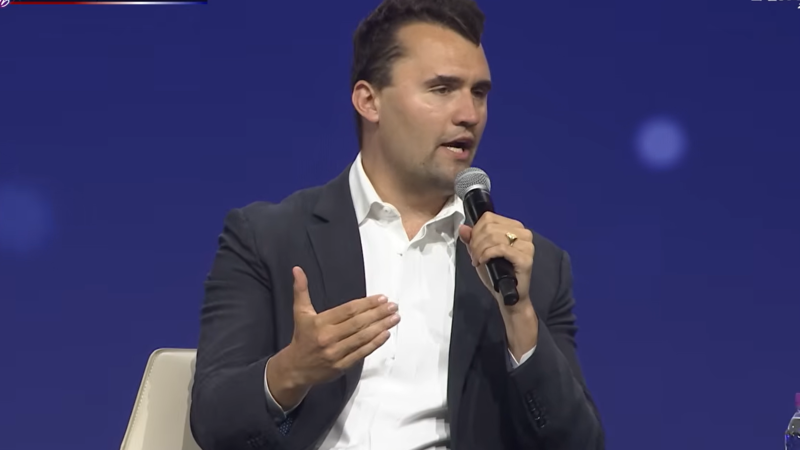
Charlie Kirk, co-founder of Turning Point USA and a close ally of President Donald Trump, was shot and killed during a university lecture, sending shockwaves through U.S. society. Kirk, who had been active in expanding conservative networks abroad, including in South Korea, was seen as a key figure in amplifying Trump’s messaging beyond official circles. While politicians across the spectrum condemned the act of violence, the episode underscored America’s deepening divisions and the erosion of democratic norms rooted in tolerance for difference.
Killed Mid-Lecture, Shooter Still at Large
On the 10th, President Trump announced the news on Truth Social: “A great man, the legendary Charlie Kirk, has passed away.” He added, “No one understood or cared for America’s young people like Charlie. He was loved and respected by all, especially by me.”
Kirk, who co-founded conservative youth group Turning Point USA, oversaw multiple political organizations and raised substantial funding while remaining one of Trump’s staunchest supporters. He hosted the podcast “The Charlie Kirk Show,” with 5.2 million subscribers, and recently co-anchored Fox News’ “Fox & Friends.”
The tragedy struck just after noon at Utah Valley University (UVU) in Orem, Utah. According to the university, the assailant fired from a building about 200 yards away. A bullet struck Kirk in the neck, fatally wounding him. He was rushed to a nearby hospital for surgery but did not survive. At the time, Kirk was addressing questions from the audience, touching on gun control controversies, when shots rang out and chaos erupted.
Tensions had already been running high at UVU. A petition with about 1,000 signatures had demanded cancellation of his lecture, reflecting deep divisions on campus. Police detained one individual at the scene but later confirmed the person was not the shooter. Authorities continue to investigate, focusing on the likelihood of a politically motivated assassination.
Rising Star in the Conservative Movement
Until his death, Kirk was actively building his profile on the international stage as a grassroots envoy for Trump’s movement. Only five days earlier, he had traveled to South Korea to attend the “Build Up Korea 2025” conference in Goyang, where he urged young people not to wait for politics to change their lives but to change politics themselves. Drawing on his success in organizing conservative youth at home, he sought to enlist South Korean youth as partners in a broader international conservative network.
Turning Point USA’s rapid growth reflected this activism. During last year’s election, Kirk spearheaded the “Commit 100” program, in which each activist managed 100 voters, a strategy credited with mobilizing young conservatives. Speaking in Korea, he noted that “American campuses are the sharpest ideological battlegrounds” and that students “weary of political correctness are turning to conservatism.” He drew parallels to similar shifts among young South Koreans.
Kirk also criticized former President Joe Biden’s immigration policies, blaming them for worsening inflation and undermining the middle class. “At our events, young people often say, ‘I used to be on the left, but now I’ve turned conservative,’” he claimed, arguing that youth discontent is reshaping political dynamics. His message to Korean audiences was that conservatism is not outdated but a practical choice for changing lives.
His trip also included symbolic gestures. He visited the statue of General Douglas MacArthur in Incheon’s Freedom Park, calling him “my hero,” to emphasize the roots of the U.S.-Korea alliance. At the Demilitarized Zone, he described North Korea as “the end of civilization, the frontier of totalitarian dictatorship,” framing the physical barrier as a metaphor for political reality. These actions highlighted his role as both a core Trump supporter and a connector in the global conservative movement up until his final days.
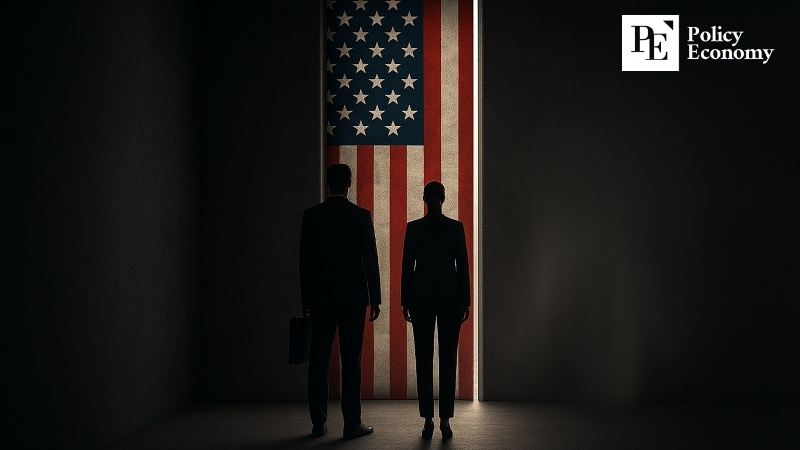
Political Violence Sparks Broader Fears
American politicians condemned the killing in rare bipartisan unison. House Democratic Leader Hakeem Jeffries stated, “Political violence of any kind is unacceptable and incompatible with American values.” Senate Republican Whip John Thune added, “We must remember that no matter how much we may oppose or dislike someone, they remain an American entitled to respect and protection.”
But beyond official statements, the killing has magnified U.S. polarization. Reuters noted that “political attacks are rising, including two attempted assassinations of Donald Trump last year,” framing Kirk’s death as part of a growing wave of political violence.
A survey conducted in May by The Nation magazine found that about 40 percent of Democrats supported “the use of force to remove President Trump,” while 25 percent of Republicans said they favored deploying the military to suppress protests against Trump’s policies. These numbers underscored fears that partisan convictions could increasingly translate into physical confrontation.
Experts warned of the trend. Robert Pape, a professor at the University of Chicago, stated, “Political violence is escalating at an uncontrollable pace. This is not an isolated incident but a structural threat to democracy itself.” Unless lawmakers use this tragedy as a turning point to strengthen institutional safeguards and rebuild unity, analysts caution, the divides in American society will only deepen.

